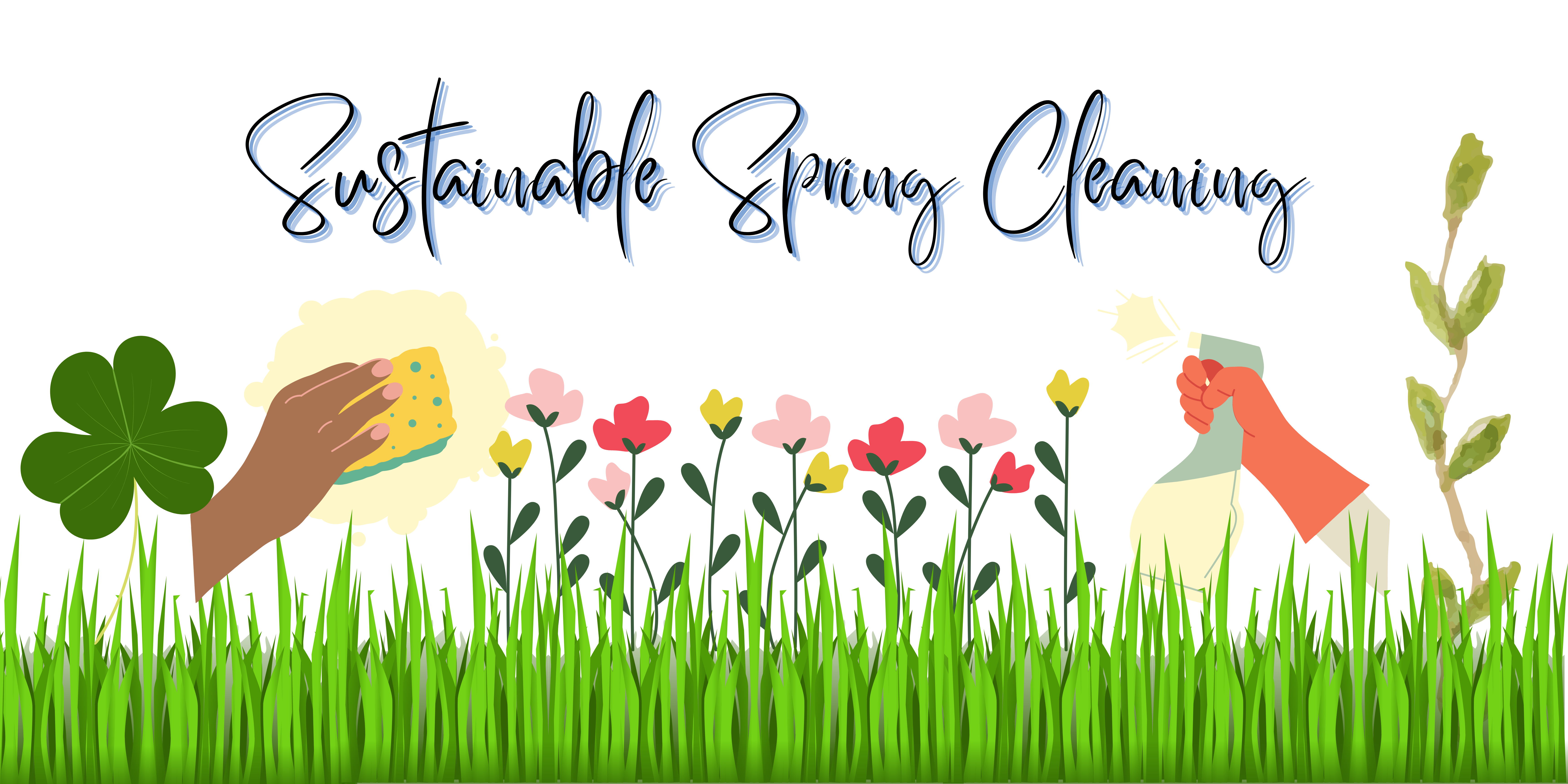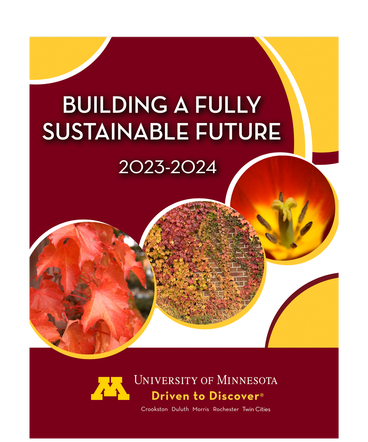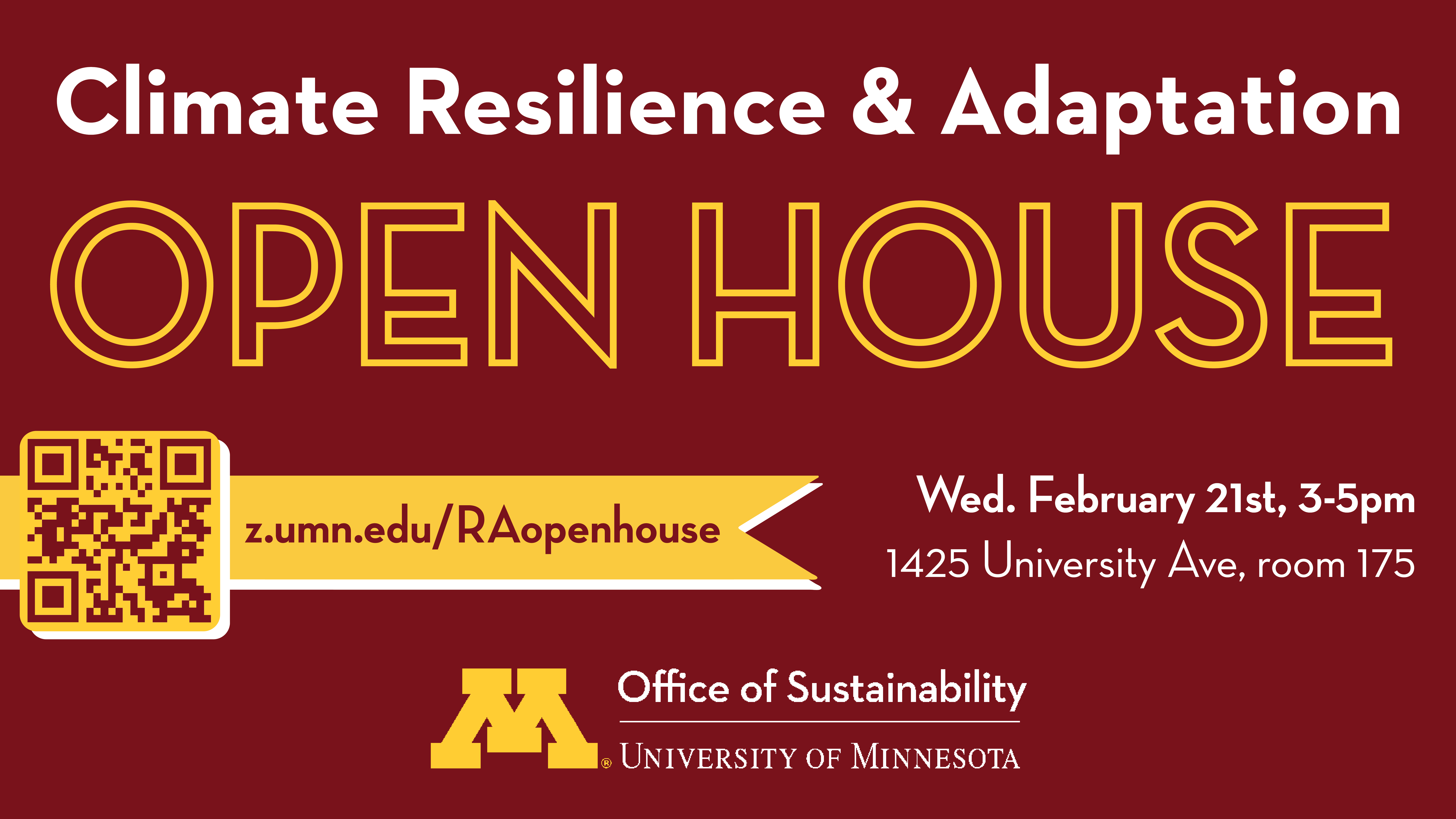
Happy Spring!
It is about that time of the year where everyone wants to clean out their house (and their mind) to prepare for the warm weather! Spring is nature's way for a new and fresh beginning. With this new season, we are inspired to take stock of what we have and start fresh by cleaning away our winter mess. Decluttering and organizing your home and space will declutter your mind and save you time and space from distractions.
This blog post will highlight some spring cleaning tips to reduce your carbon footprint while creating a cleaner and healthier home and mind!
Tips:
-
Avoid harsh chemicals
Many common cleaning products contain synthetic and/or toxic chemicals that are bad for our health and our planet. Conventional products that have synthetic ingredients and fragrances are bad for the air quality and for allergies. Green Seal certified products are heavily tested to ensure they get the cleaning job done while being non-toxic, biodegradable, and safe around sensitive skin and eyes! There are many high-quality effective cleaning products that do not contain toxic chemicals. Look for products that are biodegradable and/or have recycled packaging. Choose products that are concentrated and environmentally friendly to reduce water use and make the product last longer. You can even make your own cleaning products out of vinegar, lemon juice, essential oils, and baking soda.
-
Use reusable cleaning products and tools
When cleaning, skip single use products like paper towels and disinfectant wipes and use reusable cloths, towels, mops, and other cleaning tools. According to the EPA, disposable paper products, like paper towels and cleaning wipes, contributed 7.58 billion pounds of Municipal Solid Waste in 2018. Further, single-use products like wipes, paper towels, plastic trash bags, and disposable gloves have a large waste and carbon footprint. Instead of contributing to this waste, invest in reusable cleaning cloths, dusting rags, mops, etc. You can even reuse old clothes, towels, sheets, etc. as cleaning rags to save money and reduce your carbon footprint! This is a great way to extend the life of your fabrics. There are reusable mop pads that work well to clean your floors and can be washed again and again.
-
Purchase microfiber cleaning products
Similarly, if you are looking to purchase long lasting, reusable products, search for microfiber cloths and mop pads. Microfiber and water alone can remove about 98% of bacteria from smooth surfaces! Not only can they be laundered and used over and over, they reduce the need for cleaning chemicals because they are effective with water alone.
-
Be mindful of water use
Cleaning takes a lot of water, which is a finite resource. Using concentrated, biodegradable, environmentally friendly cleaning products is a way to reduce your water use. Turning off the tap in between cleaning, brushing your teeth, doing the dishes, etc. can save hundreds of gallons of water per month! Use the dishwasher over washing dishes by hand. The dishwasher uses 4 gallons of water per cycle while hand washing can use up to 20 gallons of water! Remember, it all adds up!
-
Donate old items
When you're going through all your old or unused stuff to downsize and declutter, donate to charities, your local Goodwill, hospitals, shelters etc. rather than throwing items in the garbage. Most old furniture, clothing, toys, jewelry, etc. can be donated or upcycled and reused instead of ending up in landfills. Many items that you consider to be old, useless, or that you don’t like or use anymore could be given a second life and be loved by another person if you donate and not toss! Donating unused or unwanted items is the best way to declutter your home as other people can benefit from the things you don't want or need anymore, and it is better for the environment! Donating is a way to reduce waste and conserve resources. Remember: all the resources (time, energy, water, fossil fuels etc.) that went into producing the item that you want to get rid of, will be wasted if it ends up rotting in a landfill.
-
Repair, fix, or repurpose items
If you have an item that you want to keep but is on the fritz or is in need of repair, try repairing it yourself! If you have a broken appliance, lamp, furniture, whatever it may be, try to not immediately think of buying a new one but give the existing item new life. Repairing items can save you money and is better for the environment! Repairments prevent items from entering landfills. You can also repurpose old items for other uses, like cleaning. For any items that are broken and in need of repair, if you don’t want to fix them for their original use, consider upcycling them! You can use old or broken toothbrushes to do fine scrubbing on tough spots. Old socks or shirts can be used to clean windows, and old sponges can be used to clean very dirty spots. You can use old water bottles to collect grease from cooking. You can use old containers for potting plants. The options are endless when you stop yourself from tossing everything that is old or broken, and instead let your creativity run wild!
-
Learn proper recycling habits
If you do choose to get rid of old items, that is perfectly fine! Just try to recycle everything you can and do it correctly. Spring cleaning is about more than just cleaning, and is about creating better habits for the warmer months ahead. Improper recycling can cause entire batches of recyclables to get dumped into landfills. One thing that is commonly forgotten is the need to rinse containers before recycling them. Additionally, you must remove the food contaminated items or parts prior to recycling. If even a couple items in the recycling bin are contaminated, the entire bin cannot be recycled and will go to a landfill. For electronics, many cannot go in our normal collection recycling bins but need to be recycled at an electronics store or facility. For more information on recycling specific items check out the Recycling and Waste Disposal Directory and see the graphic below!
-
Start a compost
Since spring and summer are right around the corner, start a compost to feed your garden! Composting is a great way to reduce food waste and prevent food scraps from entering landfills. According to the EPA, 63.1 million tons of food waste was generated in the commercial, institutional, and residential sectors in 2018, accounting for 21.6% of total Municipal Solid Waste generation. Composting does not require you to have a big yard, rather there are composting containers that enable you to start a small composting pile to use for indoor plants or for your garden! Composting is a way to produce free, nutritional fertilizer for your plants and reduce your environmental footprint. Look here for an easy compost guide!
-
Hang laundry
Instead of using the dyer and using energy, hang your laundry to dry inside or outside your house. In many houses, the dyer is the 3rd most energy intensive appliance. Air/hang drying your clothes can reduce the average household's carbon footprint by 2,400 lbs/year! Even hang-drying clothes sporadically can reduce your carbon footprint, lengthen the lifespan of your dryer, and lower your energy bills. Clip your clothes to a line or lay on drying racks.
-
Improve indoor air quality naturally
Adding greenery and plants to your house brings more oxygen and reduces indoor toxins! Plants, like snake plants, are low maintenance, don't need much light or water, and naturally bring more oxygen to your home. Succulents, like aloe, or pothos also improve air quality. For a natural air freshener, open your doors and windows to let in fresh air! Conventional air fresheners can contain toxic chemicals and synthetic fragrances that can be harmful to your health. Indoor air can contain more toxins than outside air, so open up those windows during your spring cleaning spree!
There are many benefits for having a sustainable spring cleaning! These tips are all things we can do to lower our carbon footprint and help out mother nature. First, for cleaning benefits, we can find lost items and give them more life, utilize safer cleaning products to better clean our home while keeping ourselves safe, and strengthen our own immune systems. A cleaner house can strengthen our immune systems by getting rid of allergens! A healthier home leads to a healthier self with less germs around to cause illnesses.
There are also many mental health benefits of spring cleaning. A clean home makes people happier and gives a sense of satisfaction to put us in good moods! Decluttering the home can declutter the mind and make us more focused and less stressed. “Clearing clutter has the potential to clear our mental space and attention span,” said Tricia Wolanin, PsyD, clinical psychologist.
Lastly, there are also many environmental benefits of a sustainable spring cleaning. Many of these tips are aimed at reducing waste through donations, reusing, repurposing, or fixing old, unwanted, or unused items. Reducing waste reduces the amount of items entering landfills. Items in landfills can take hundreds of years to decompose and emit methane gas. Reducing waste also conserves resources because the production of new goods requires a lot of energy, raw materials, water, oil, and minerals to make. By having a sustainable spring cleaning you can take advantage of these cleaning and mental health benefits while reducing your impact on the environment!
https://www.thecleaningauthority.com/blog/home-life/why-is-spring-cleaning-important-/



